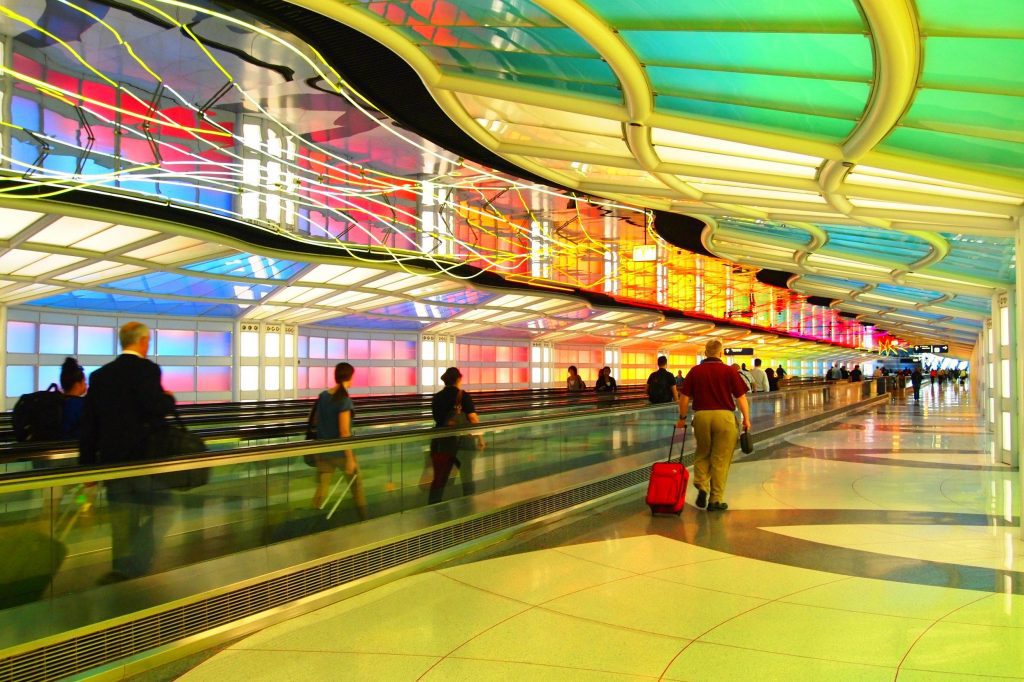Corporate Travel Execs Hope 2018 Will Be Less Tumultuous Than Last Year

Skift Take
Leaders in corporate travel expect a strengthening global economy to propel the industry in the year ahead – so long as security concerns remain stable. With unemployment low, businesses are increasing their focus on traveler satisfaction to compete for employees.
A healthy U.S. economy and growth in emerging markets are optimistic signs for the corporate travel industry in 2018. Yet in this age of Permanxiety, businesses have increased their emphasis on reassuring and accommodating harried travelers.
Skift asked leaders at companies that focus on corporate travel what their hopes, concerns, and priorities are for the coming year. Earlier, we asked about the biggest impacts on their business last year, what surprised them, and their breakthroughs; read those answers here. Interviews were conducted by phone and email.
For 2018, the goals include promoting engagement with diverse cultures and viewpoints, improving business travelers’ health, and updating corporate travel programs to better recruit and retain employees.
Hopes for safety
Following a year filled with surprises and turmoil, corporate travel leaders said they hope 2018 will bring political stability and continued economic growth.
Terrorism, changing immigration laws, and security concerns continue to be on the minds of many corporate travel leaders. Gabe Rizzi, chief sales officer and president of Travel Leaders Corporate, said what keeps him up at night are the factors he can’t control. “Winter storms, hurricanes, terrorism, global instability – all impact our business and the business of our clients,” he said. “But my biggest hope comes from seeing firsthand the impo
